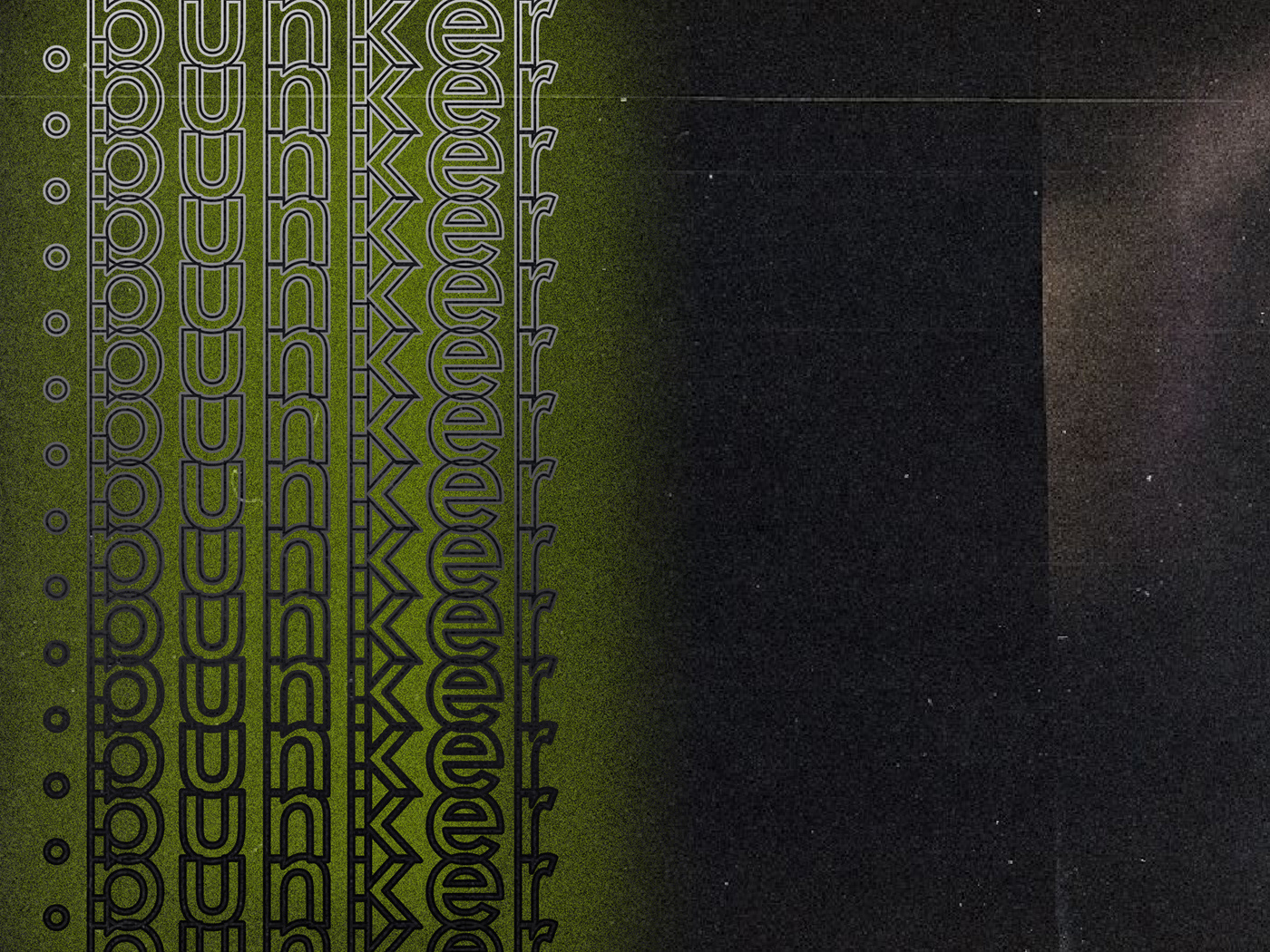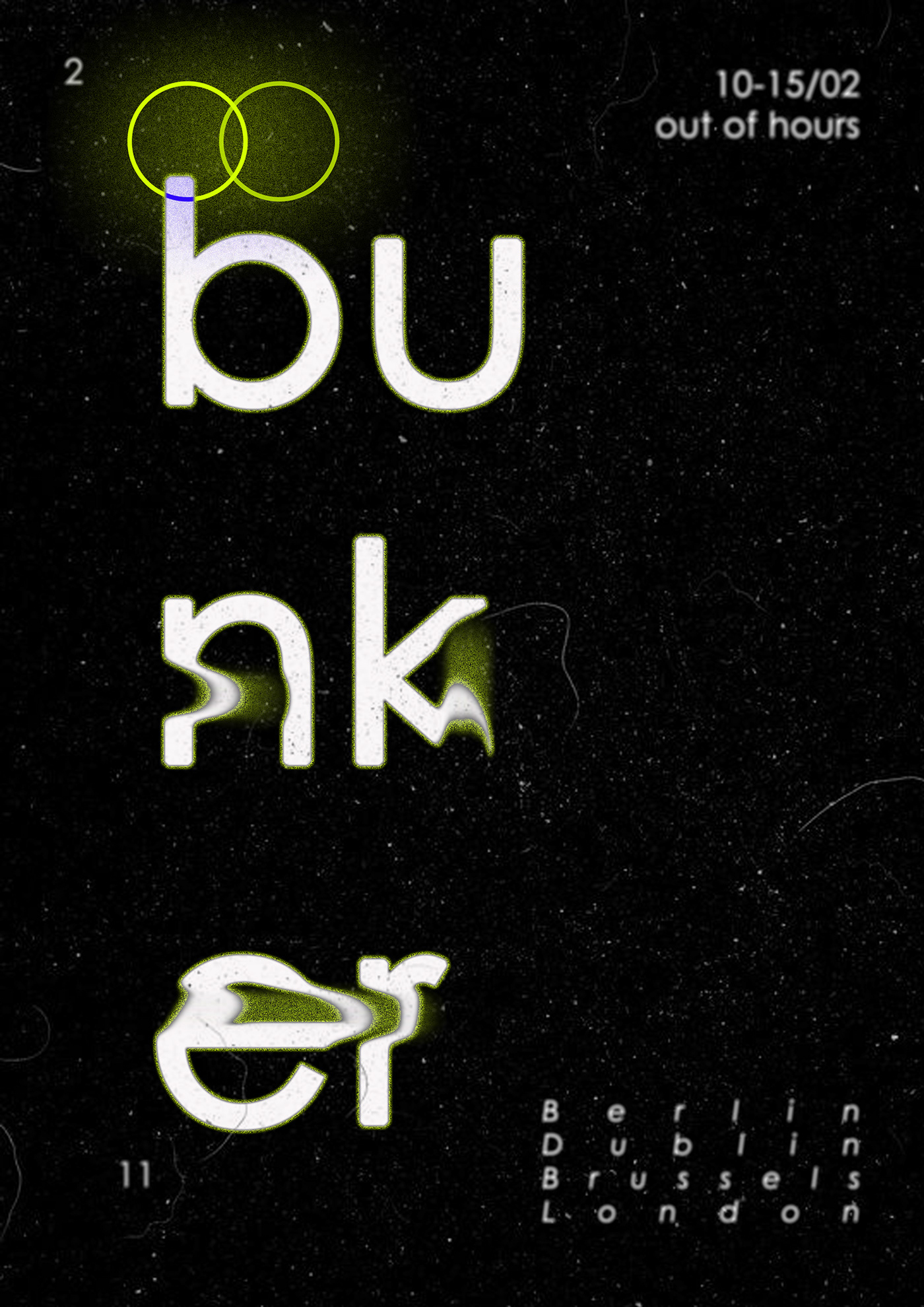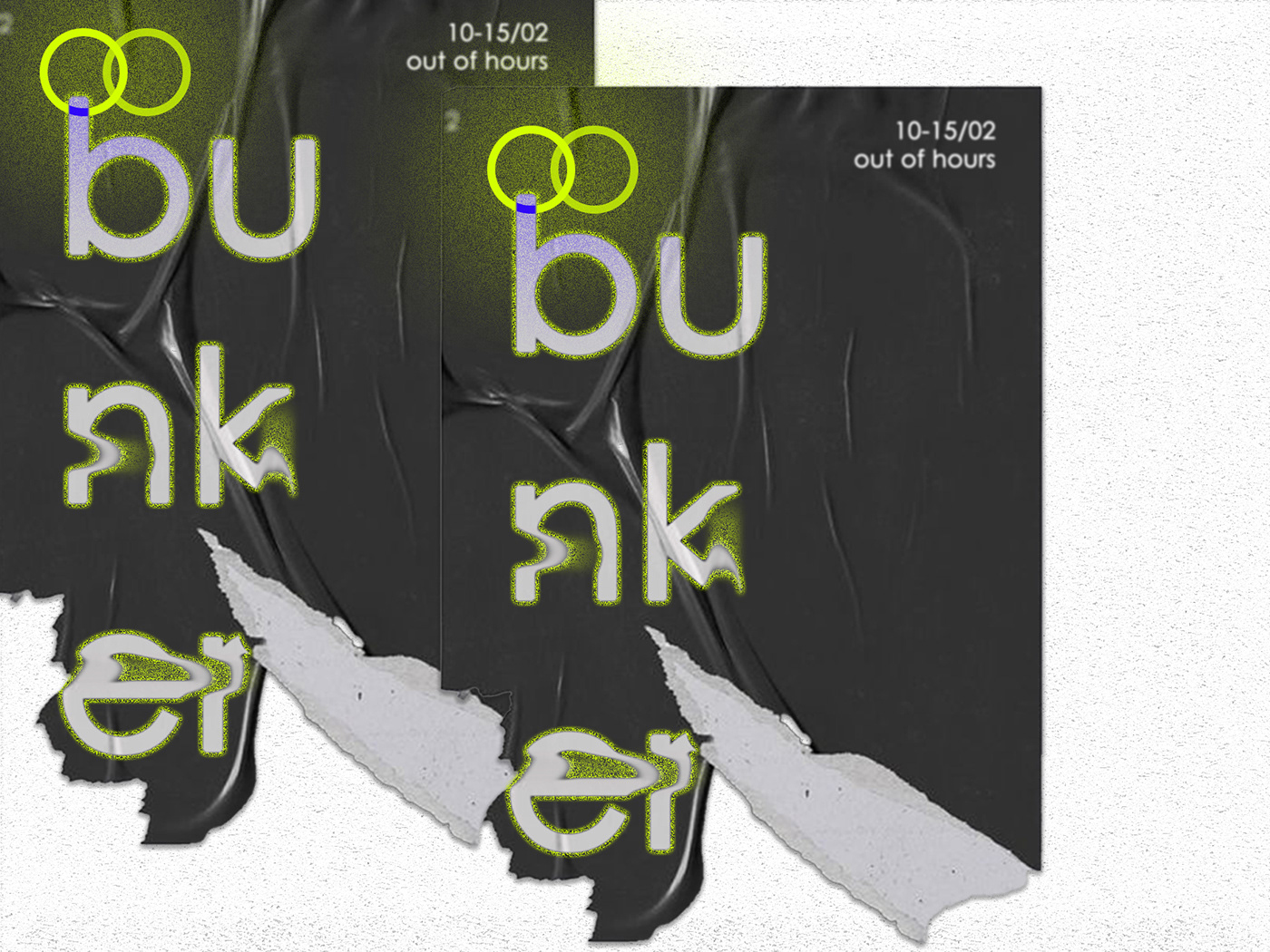.bunker is a club for techno lovers. Born in Berlin but has brothers and sisters all over the world!

Berlin and Techno music are two words that are difficult to separate, in fact Berlin is said to be the European capital of electronic music and is at the top of the list of what to do in Berlin. Well-known clubs such as Berghain, Tresor or Kater Holzig (today Kater Blau) have made the club culture of the German capital famous all over the world, not to mention countless small clubs that do not appear in official guides. It is a fame that has its origins at the end of the 90s and is related to the fall of the Wall

The beginning of the relationship between Techno music and the city are the years adjacent to the Fall of the Berlin Wall. While I was in elementary school in West Berlin listening to Michael Jackson and Madonna, a new sound came to Berlin from Detroit in the United States. Groups such as Underground Resistance (UR) have found the perfect setting in the German capital: a city in the chaos of reunification. After the fall of the Wall, in Berlin as in many other cities of the German Democratic Republic (GDR), there was uncertainty about property rights and administrative responsibilities. Especially in East Berlin, where there were countless abandoned houses and no one knew who they belonged to now that the wall was gone and with it the state that built it.
This vacuum of authority was the fertile ground for the opening of the first clubs in the former East Berlin, some semi-legal, some illegal. People took up spaces where they could dance to that new sound and while some of those clubs had a short existence, others still exist today.

Alternative Berlin and Techno blend perfectly after the fall of the Wall. Beyond the euphoria of that historical moment and the demolition of a physical border, there was still an emotional distance and a cultural border between East and West. Those were the years when people were Ossi or Wessi (contemptuous terms for citizens of the East and West respectively). I, young boy from West Berlin (Wessi) remember that Orientals looked strange to me because of their clothes and hairstyles while we were rushed by East Berliners as arrogant.
As we see during our Free tour of Berlin, forty years of parallel but diametrically opposed lives had left their mark on the mentalities, languages, tastes and fashions of East and West. But suddenly techno broke in, something new and contemporary for both of them.
Differences have been diluted in electronic music and the joint experience has become an integral and common factor, both within the Berlin confines and outside the city. Some say that in the 1990s techno did more for the integration of the two Berlins than any political agenda. This is what we read in the book that I want to present to you.








